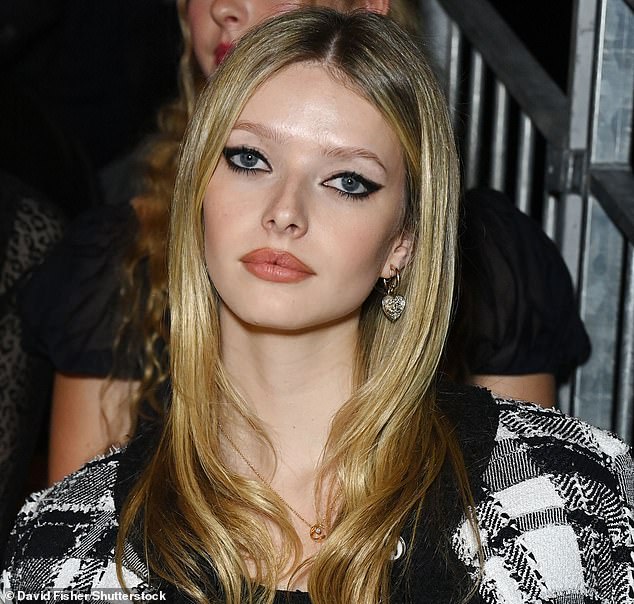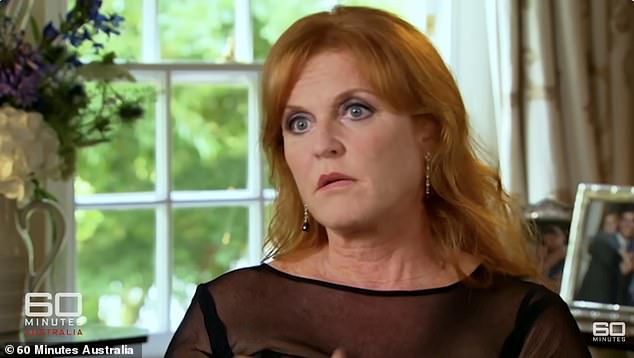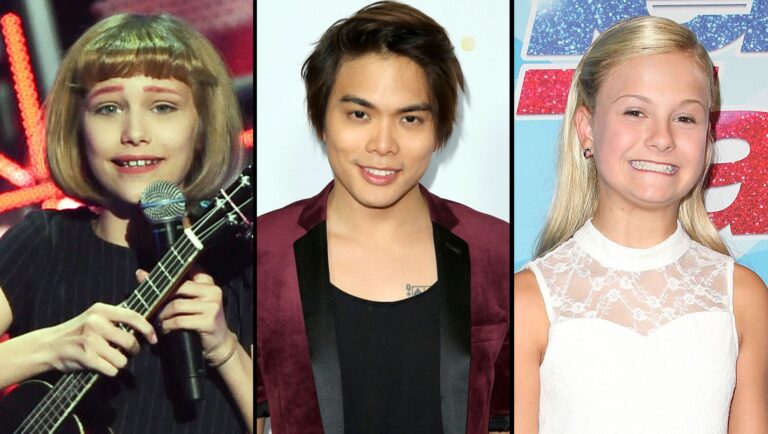If I said to you, ‘Henrietta is popping in at noon,’ you’d be forgiven for imagining an ever-so aristo type swanning in, trailing a chic waft of Byredo fragrance behind her.
Henrietta is, in fact, a delightful six-year-old from east London. I met her this summer while teaching a youth programme on a housing estate at the end of her street.
She’s popping in at noon so I can give her a stack of books that my children have outgrown. Tyler, her father, hopes she will be the first in their family to go to university. Surprised? I must admit I was, too.
In Britain, a name isn’t just a name, it’s a marker of class, along with what you call your evening meal and whether your sofa came from DFS or from a godparent in Gloucestershire.
They are the telltale signposts that reveal not just where you come from, but, dishearteningly often, how far you’re likely to go.
Rightly, or wrongly, as Henrietta’s parents realised, a posh name can give your child a leg-up in life, one that gets them into the right nursery, sees them through to the A-team for rugby, and makes them an automatic choice for a private members’ club.
But where to start?
For the past few decades, posh names have been reliably predictable, sounding like minor 19th-century royals or obscure saints. Sophies, Amelias and Charlottes reigned supreme for girls; Hugo, Sebastian and Henry for boys.

Apple Martin, the daughter of Colplay frontman Chris and actress Gwyneth Paltrow. Her name is one of several regarded as ‘posh’ by the upper classes, alongside Plum, Saffron and Thyme

Harry Potter actor Rupert Grint is in luck, with the name widely viewed as traditionally posh
They opened doors to Oxbridge interviews and friendship circles packed with Camillas, Ruperts and Montys. They weren’t just names, they were a passport to your place in the social hierarchy.
A University of Oxford study found that children with upper-class-sounding names (think Arabella, Felix, Octavia) were more likely to perform well at school and secure higher-paying jobs.
A 2020 paper in the British Journal of Sociology showed that teachers often held unconscious biases based on first names – assuming, for example, that Tarquin would be good at Latin. In other words, picking a posh name wasn’t just snobbery, it was strategy.
Then, along with Glyndebourne picnics, posh names became less exclusive.
Recent Office for National Statistics figures reveal that so-called ‘posh’ names are rising rapidly in popularity across all demographics.
Amelia and Olivia now appear in the top five baby names for girls in both the higher professional and lower working class socio-economic bands – and the truly posh are rattled.
But if there’s one thing they do well (apart from skiing and riding horses), it’s pivot. Just as everyone else cracks the code, they change the game. Out went Henry, in came Helios. Along with Isolde, Persephone, and Vesper.
Traditional monikers have been tossed aside, replaced by names inspired by Greek mythology and Sanskrit mantras. Were there really so many little Persephones running around in 400BC as there are in Clapham today, one wonders?

Shruti Advani suggests avoiding the obvious, with names such as George and Charlotte screaming ‘grammar school’. Fortunately for Prince George, this isn’t too much of a problem
And these names aren’t just decorative. They’re designed with global mobility in mind.
A friend of mine is a branding expert and the first port of call for celebrities planning product launches. She tells me many of her clients use the same principles to choose names for their children as they do their prized products.
‘Whether it’s a £200 skin cream, a £5,000 members-only- nightclub or a child, you want a name that’s evocative and aspirational, without being too specific,’ she says.
Specific meaning anything that ties a child too closely to a time, place or cultural moment. I understand the impulse. In an era of global mobility – with 16,500 millionaires expected to leave the UK in 2025 (according to investment migration consultants Henley & Partners) a posh name must travel well.
Harriet or Rupert may sound at home in Kensington, but provincial in Geneva, Dubai, Milan or Monaco.
There’s also the fear that what sounds progressive now might be problematic in ten years. Who can predict the cultural climate of 2039? You wouldn’t want your darling boy cancelled at 17 because his name is Cecil (as in Rhodes).
A friend tells me of her relief at vetoing the name her husband and his family had championed for their son – Hastings – because, as she put it, ‘it just felt a bit… colonial’.
While waiting for my highlights to develop at the Mayfair salon I’ve been loyal to for years, I struck up a conversation with a young mother.
She showed me photos of her twins – Om and Aura. I asked if she was a yoga teacher. She looked horrified and said: ‘No, darling, but I have one I can recommend.’
I also know of a Solstice, a Zephyra Fox, an Atlas, and enough Plums, Apples, Saffrons and Thymes to stock a Waitrose fruit and veg aisle.
So, with the goalposts constantly moving, how best to give your child a truly posh name in 2025? My advice is:
1. Avoid the obvious. If it’s in the top 20, it’s out. Oliver, Charlotte and George scream well-meaning grammar school, not ancestral estate (unless Daddy is heir to the throne).
2. Channel mythology and geography. Persephone, Atlas, Aurelia, and Odysseus tick the right boxes – educated, unique, a little absurd.
3. Borrow from Sanskrit or Latin, not because you understand the language but because it suggests you’ve been on a spiritual ‘journey’.
4. Think brand, not baby. Would it work on a £90 candle? A serum? Then it’s ideal.
5. Be untraceably international. Noa, Leon, Amara and Soraya sound sophisticated, yet global. Ideal for a child with five passports and an au pair fluent in Mandarin. If that’s what you want for your child, of course.









